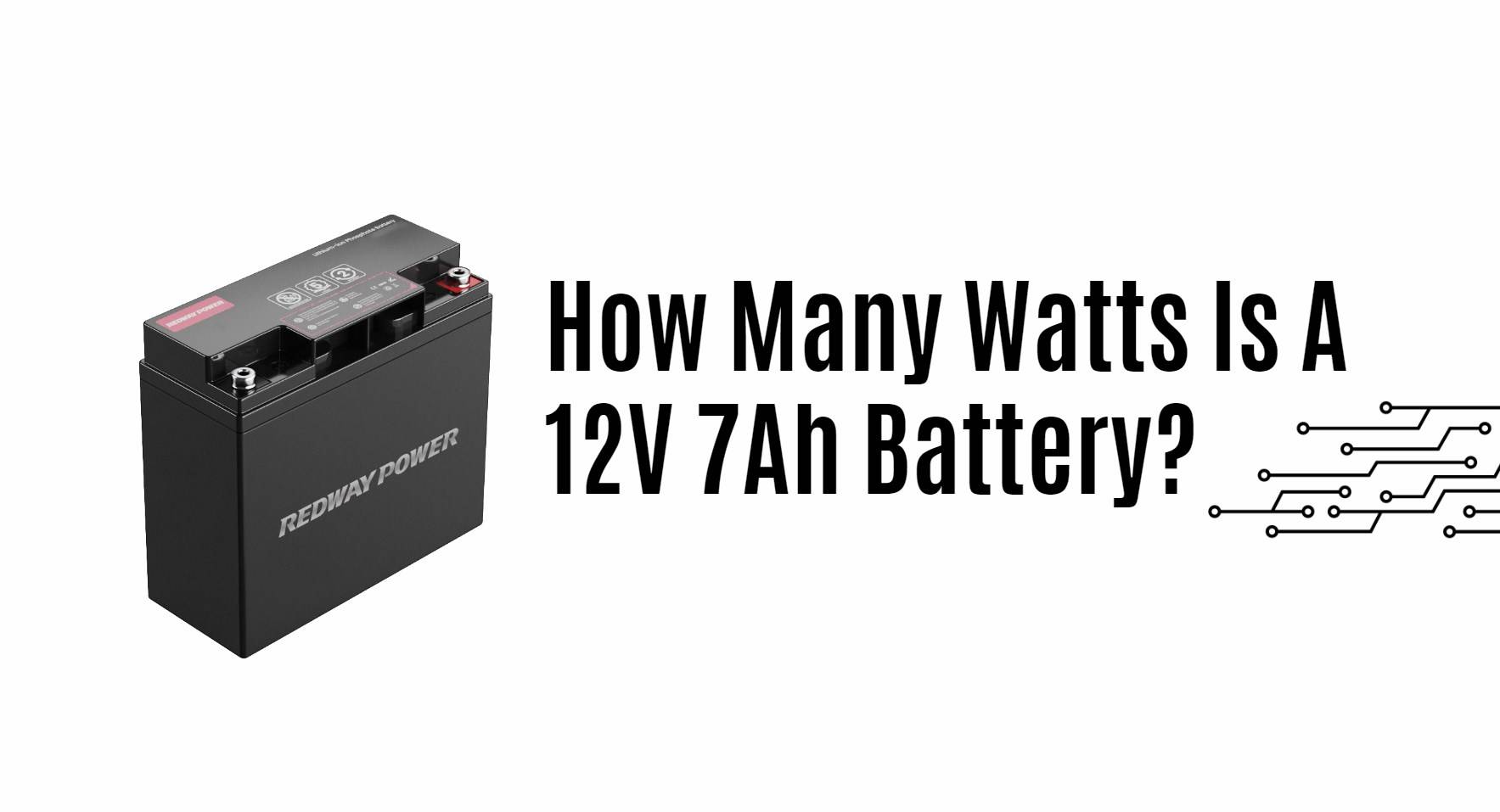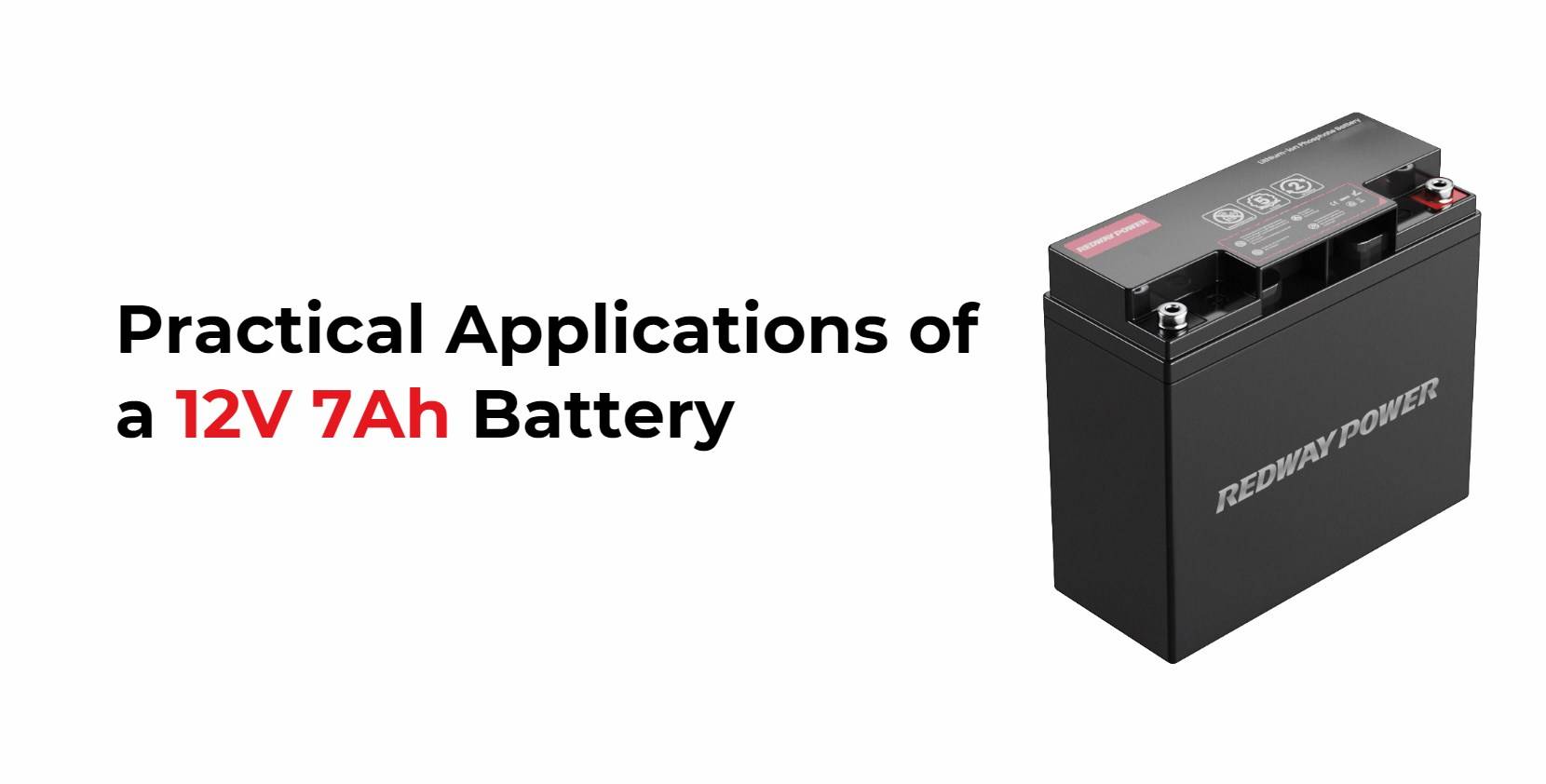- Lithium Golf Cart Battery
- Forklift Lithium Battery
-
48V
- 48V 210Ah
- 48V 300Ah
- 48V 420Ah (949 x 349 x 569 mm)
- 48V 420Ah (950 x 421 x 450 mm)
- 48V 456Ah
- 48V 460Ah (830 x 630 x 590 mm)
- 48V 460Ah (950 x 421 x 450 mm)
- 48V 460Ah (800 x 630 x 600 mm)
- 48V 460Ah (820 x 660 x 470 mm)
- 48V 500Ah
- 48V 560Ah (810 x 630 x 600 mm)
- 48V 560Ah (950 x 592 x 450 mm)
- 48V 600Ah
- 48V 630Ah
-
48V
- 12V Lithium Battery
12V 150Ah Lithium RV Battery
Bluetooth App | BCI Group 31
LiFePO4 Lithium
Discharge Temperature -20°C ~ 65°C
Fast Charger 14.6V 50A
Solar MPPT Charging - 24V Lithium Battery
- 36V Lithium Battery
- 48V Lithium Battery
-
48V LiFePO4 Battery
- 48V 50Ah
- 48V 50Ah (for Golf Carts)
- 48V 60Ah (8D)
- 48V 100Ah (8D)
- 48V 100Ah
- 48V 100Ah (Discharge 100A for Golf Carts)
- 48V 100Ah (Discharge 150A for Golf Carts)
- 48V 100Ah (Discharge 200A for Golf Carts)
- 48V 150Ah (for Golf Carts)
- 48V 160Ah (Discharge 100A for Golf Carts)
- 48V 160Ah (Discharge 160A for Golf Carts)
-
48V LiFePO4 Battery
- 60V Lithium Battery
-
60V LiFePO4 Battery
- 60V 20Ah
- 60V 30Ah
- 60V 50Ah
- 60V 50Ah (Small Size / Side Terminal)
- 60V 100Ah (for Electric Motocycle, Electric Scooter, LSV, AGV)
- 60V 100Ah (for Forklift, AGV, Electric Scooter, Sweeper)
- 60V 150Ah (E-Motocycle / E-Scooter / E-Tricycle / Tour LSV)
- 60V 200Ah (for Forklift, AGV, Electric Scooter, Sweeper)
-
60V LiFePO4 Battery
- 72V~96V Lithium Battery
- Rack-mounted Lithium Battery
- E-Bike Battery
- All-in-One Home-ESS
- Wall-mount Battery ESS
-
Home-ESS Lithium Battery PowerWall
- 24V 100Ah 2.4kWh PW24100-S PowerWall
- 48V 50Ah 2.4kWh PW4850-S PowerWall
- 48V 50Ah 2.56kWh PW5150-S PowerWall
- 48V 100Ah 5.12kWh PW51100-F PowerWall (IP65)
- 48V 100Ah 5.12kWh PW51100-S PowerWall
- 48V 100Ah 5.12kWh PW51100-H PowerWall
- 48V 200Ah 10kWh PW51200-H PowerWall
- 48V 300Ah 15kWh PW51300-H PowerWall
PowerWall 51.2V 100Ah LiFePO4 Lithium Battery
Highly popular in Asia and Eastern Europe.
CE Certification | Home-ESS -
Home-ESS Lithium Battery PowerWall
- Portable Power Stations
How Many Watts is a 12V 7Ah Battery?

A 12V 7Ah battery has a nominal capacity of approximately 84 watt-hours (Wh), calculated by multiplying the voltage (12V) by the amp-hour rating (7Ah). This means it can theoretically provide 12 watts for about 7 hours under ideal conditions, but practical usage will generally yield shorter runtimes due to factors like inverter efficiency and battery discharge characteristics.
What is the Watt-Hour Capacity of a 12V 7Ah Battery?
The watt-hour capacity of a battery indicates how much energy it can store and deliver over time. For a 12V 7Ah battery:
- Calculation: Watt Hours=Voltage×Amp Hours=12V×7Ah=84Wh
- This means the battery can theoretically run a 12-watt load for 7 hours. However, this is under ideal conditions without considering efficiency losses.
Chart: Watt-Hour Calculation
| Voltage (V) | Amp-Hours (Ah) | Watt-Hours (Wh) |
|---|---|---|
| 12 | 7 | 84 |
How Does Load Affect Battery Runtime?
The runtime of a 12V 7Ah battery varies significantly based on the load connected to it. The formula to estimate runtime is:
Runtime hours =Battery Capacity Ah / Load Amps
For example, if a device consumes 12 watts, the current draw at 12 volts can be calculated as:
Load Amps =Power Watts / Voltage Volts =12W12V=1A
Using this load:
Runtime=7Ah1A=7 hours
However, real-world factors such as inverter efficiency and battery discharge rates reduce this runtime.
Chart: Load vs. Runtime
| Load (Watts) | Current Draw (Amps) | Estimated Runtime (Hours) |
|---|---|---|
| 6 | 0.5 | 14 |
| 12 | 1 | 7 |
| 24 | 2 | 3.5 |
Why is Inverter Efficiency Important?
When using a DC to AC inverter, additional power loss occurs. Inverters typically have an efficiency rating, often between 80% to 90%. Therefore, if you are using an inverter with an efficiency of 85%, the effective capacity of the battery decreases:
Effective Capacity=Nominal Capacity×Efficiency
If you connect a 12W load, the runtime would be:
Runtime=71.4Wh/12W≈5.95 hours
This illustrates that accounting for inverter efficiency is crucial for accurate runtime estimates.
What Factors Influence Battery Performance?
Several factors can affect the performance and longevity of a 12V 7Ah battery:
- Depth of Discharge: Deep discharging can significantly reduce lifespan.
- Temperature: Extreme temperatures can affect capacity and efficiency.
- Age and Condition: Older batteries or those not properly maintained will perform worse.
- Load Characteristics: Constant versus variable loads can impact overall performance.
FAQ Section
Q: Can I use a lead-acid battery instead of lithium-ion?
A: Yes, but lead-acid batteries are heavier and have a shorter lifespan compared to lithium-ion batteries.Q: How do I calculate how long my devices will run on this battery?
A: Use the formula: Runtime (hours) = Battery Capacity (Ah) / Load (Amps).Q: What happens if I exceed the rated load?
A: Exceeding the rated load can lead to overheating, reduced performance, and potential damage to the battery.
Industrial News
Recent advancements in battery technology highlight the growing trend towards higher energy density solutions such as lithium-ion batteries over traditional lead-acid types. Companies are investing in research to improve charging speeds and reduce costs, aiming to enhance applications in renewable energy storage and electric vehicles. These innovations are set to redefine industry standards and consumer expectations regarding battery performance and reliability.
Redway Power Expert Views
“Understanding your battery’s specifications is essential for optimal use. Many users overlook inverter losses and discharge rates, which can drastically alter expected runtimes. Always consider these factors when planning your power needs,” says an expert from Redway Power.This comprehensive overview serves as a guide to understanding how many watts a 12V 7Ah battery can supply and how various factors influence its performance in practical applications.
FAQs
Can 12V 7Ah Battery Be Charged with Solar Panel Without Controller?
What Wattage Solar Panel Do I Need to Charge 12V 7Ah in 6 Hours?
Are All 12V 7Ah Batteries the Same?
Can 12V 7Ah Battery Be Charged with Car Battery Charger?
How Long Will 12V 7Ah Battery Last?
What is the difference between voltage and amperage in car batteries?
Voltage measures the electrical potential (force) of the battery, while amperage measures the flow of current. Voltage provides the push, and amperage shows how much electricity is flowing.
How much electricity does a fully charged 12-volt battery produce?
A fully charged 12-volt battery typically produces around 12.6 to 12.8 volts of electricity, delivering energy to power a vehicle’s systems.
Why is voltage not the same as amperage in car batteries?
Voltage is the force that moves electrons, while amperage is the quantity of electrons moving. They work together, but represent different aspects of electrical power.
When is a 12-volt battery considered to be discharged?
A 12-volt battery is considered discharged when its voltage drops below 12.0 volts. At 11.8 volts, it’s near full discharge and should be recharged.
How powerful is the current generated by a typical 12-volt car battery?
A typical 12-volt car battery can generate around 600 to 1000 amps of current, depending on the model and specifications, which is used to start the engine.
How much electricity do car batteries produce?
Car batteries produce 12 volts of electricity and can generate high current (hundreds of amps) to power vehicle electronics and start the engine.
Why are most vehicle batteries either 12 or 6 volts?
Most vehicle batteries are 12 or 6 volts because these levels match the electrical systems in most cars. 12-volt systems provide enough power for modern vehicles.
What type of batteries are less affected by cold temperatures?
Lithium-ion and AGM batteries are less affected by cold temperatures than traditional lead-acid batteries, providing better performance in cold weather.
Why does it take longer to start a car in cold weather?
In cold weather, battery chemical reactions slow down, reducing available power. The engine oil thickens, requiring more energy from the battery to start the engine.
How much electricity does a fully charged six-volt battery produce?
A fully charged six-volt battery produces around 6.3 to 6.4 volts of electricity, which is used in vintage vehicles or specific applications.




















